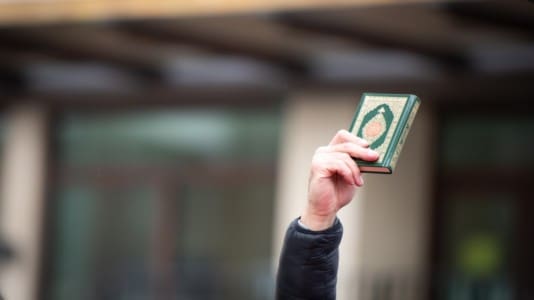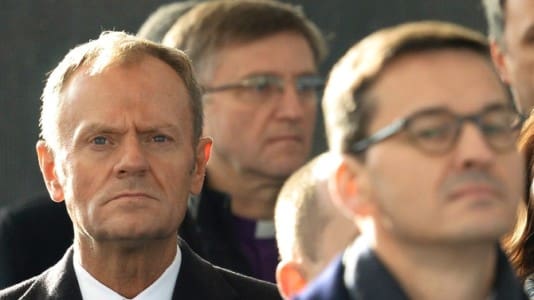Since midnight on Tuesday, the German Left party no longer has a parliamentary faction in the Bundestag. The left-wing party, which was founded in 2005 and still had nearly 12 percent of the vote in 2009, is losing hundreds of thousands of euros in funding.
The Left achieved only 4.9 percent in the 2021 parliamentary elections, which normally would have left the party unable to enter parliament, but three of its candidates also won direct seats, allowing it to form a parliamentary faction despite falling short of the 5-percent threshold,
After a year and a half, however, the party’s problems have only grown worse, according to Hungarian news outlet 444.hu. At the party congress in June 2023, its leadership openly distanced itself from the dissident Sahra Wagenknecht, who was also called on to resign her seat. She has since signaled she will form her own rival party, with polling showing it will spell the end of the Left party.
[pp id=68346]
Amira Mohamed Ali, the Left Party’s co-party leader, announced on Aug. 6 that she would not stand for re-election because she could no longer represent the party leadership’s policies. A week and a half later, the other group leader, Dietmar Bartsch, did the same.
Wagenknecht, who had been engaged in a heated debate with the mainstream left on identity policy issues, had previously only hinted at founding her own party, but in October she finally announced the launch of a new formation in January.
Wagenknecht is also popular with right-wing AfD voters. Her party, which does not even exist yet, was already polling at 14 percent in October, with most of her voters jumping from the AfD and the Left Party to hers. Wagenknecht could become a major political factor as early as next year, with three regional elections in eastern Germany.
[pp id=96362]
Ten MPs of the dissolved Left Party group have switched to members of the new parliamentary group, the “Sahra Wagenknecht Alliance,” while the other 28 will remain members of the Left Party faction.
The break-up is particularly painful for Left Party members who remained with their party, since they will now only be a “faction,” which not only have fewer rights than parliamentary groups under the Budnestag rules, but can also claim less budgetary support.






